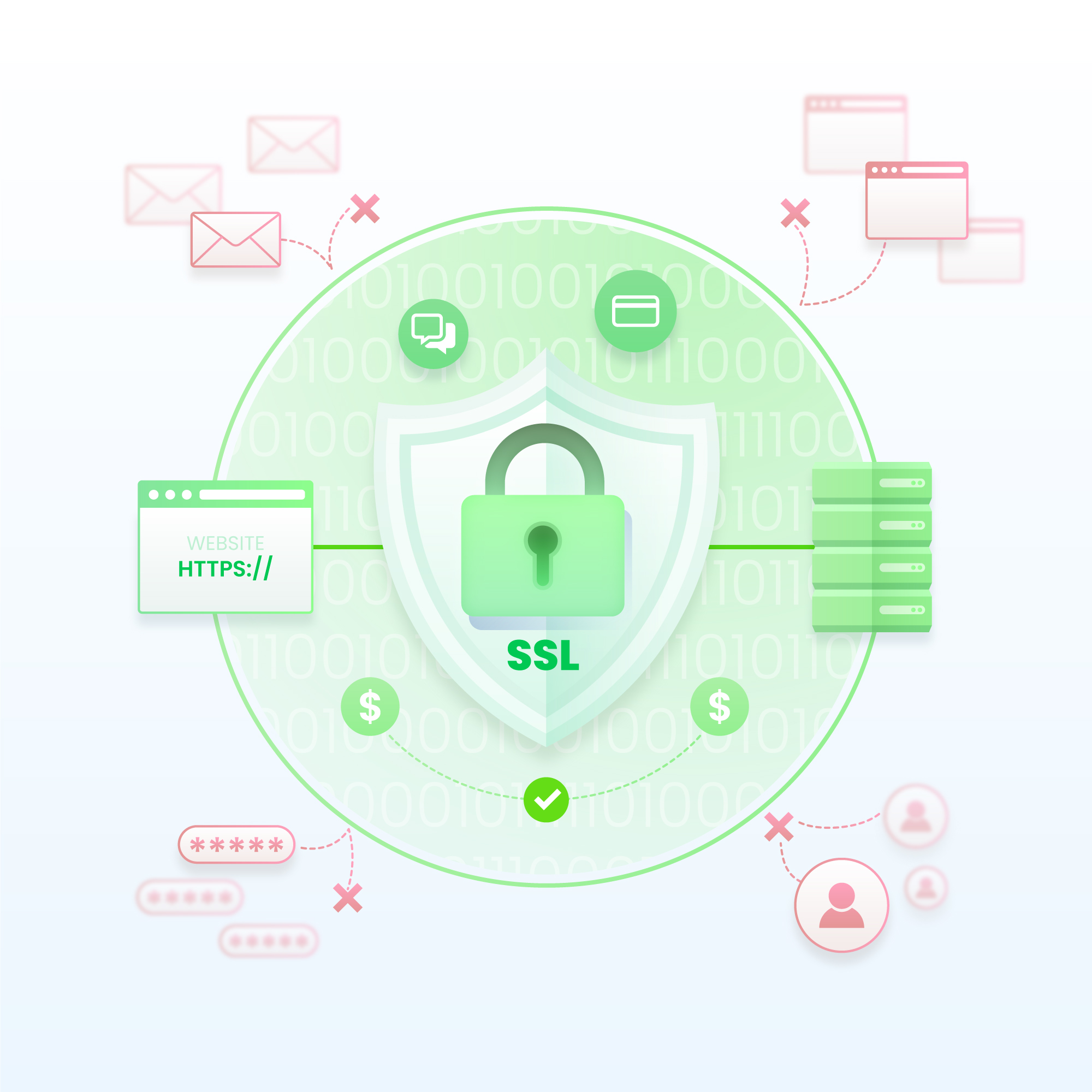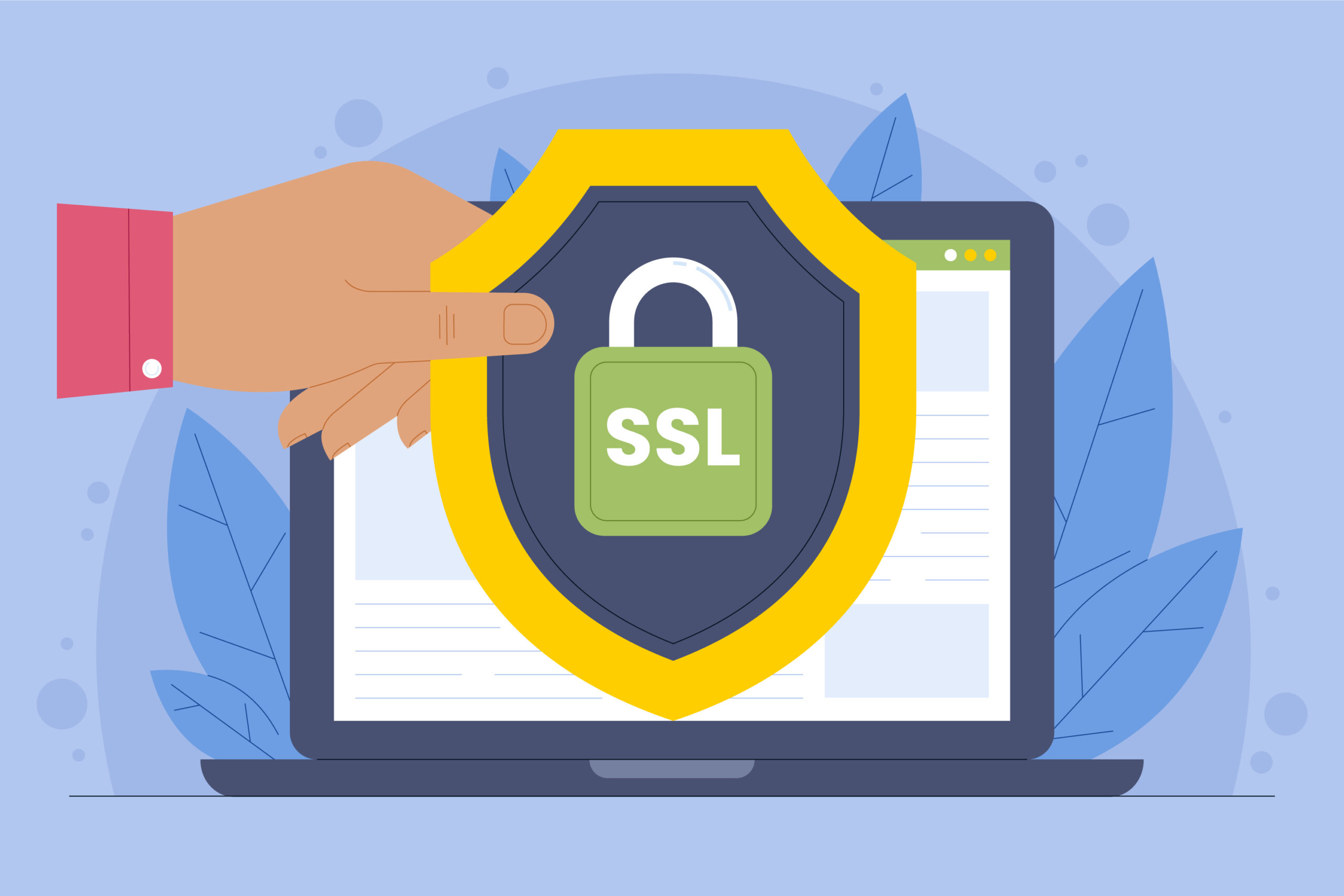Overview:
Intranet SSL provides a cost-effective solution for securing internal servers and applications, ensuring that sensitive data remains protected from potential breaches. While many organizations focus on securing their outward-facing services, it’s essential to recognize that internal networks can be just as vulnerable. Hackers often exploit weaknesses in internal systems to gain access to confidential information, leading to data leaks that can jeopardize your organization’s integrity and reputation.
Key Features:
- Intranet SSL certificates are issued using GlobalSign’s non-public CAs, allowing for configurations that aren’t restricted by public hierarchy regulations. This flexibility means you can tailor your security to your specific needs.
- With validity periods of up to five years, our Intranet SSL certificates eliminate the hassle of frequent renewals, ensuring uninterrupted security for your internal communications.
- Secure unlimited subdomains under one certificate (e.g., *.yourdomain.com), simplifying management while enhancing security across your internal network.
- Choose from SHA-1, SHA-256, and ECDSA hierarchies and hashing algorithms, ensuring you can meet your organization’s unique security standards.
- Protect multiple servers with SAN values
- Install the same certificate on unlimited servers
- Issued with the Intranet Root & Intranet Intermediate CA chain, to be installed on client machines
- Fast issuance, typically within 24-48 hours on weekdays
- Customer support
- Automatic renewal reminders and early renewal options
- Custom Root CA certificates with your organization’s name
- Client Authentication Certificates for Web-based Applications and Document Management Systems

Why Intranet SSL is Essential?
In today’s digital landscape, securing internal networks is as crucial as protecting external communications. Many organizations mistakenly believe their internal systems are inherently safe from attacks. However, various vulnerabilities can expose sensitive data to significant risks. Here’s why implementing Intranet SSL is essential:
- Mitigating Insider Threats: While employees typically have legitimate access to internal networks, malicious insiders or disgruntled employees can exploit this access to compromise sensitive information. Intranet SSL encrypts data in transit, making it more difficult for unauthorized users to intercept communications, even if they have legitimate access.
- Protecting Against External Breaches: Attackers can infiltrate internal networks through various means, such as exploiting weak passwords, unsecured devices, or phishing attacks. By implementing Intranet SSL, organizations can safeguard data transmitted within their networks, reducing the risk of exposure if an external breach occurs.
- Securing Internal Communications: Sensitive data—such as financial records, employee information, and proprietary data—often flows across internal networks. Intranet SSL encrypts these communications, ensuring that unauthorized parties cannot eavesdrop on or manipulate sensitive transactions, even if they gain access to the network.
- Regulatory Compliance: Many industries are subject to strict regulations regarding data protection, such as GDPR, HIPAA, and PCI-DSS. Implementing Intranet SSL helps organizations demonstrate compliance with these regulations, protecting them from legal ramifications and potential fines.
- Enhancing Trust and Credibility: When employees and stakeholders know that internal communications are secure, it fosters a culture of trust and accountability. SSL certificates signal a commitment to security, enhancing the organization’s credibility among clients and partners.
- Preventing Data Leakage: Intranet SSL helps prevent accidental data leakage by encrypting sensitive information as it moves across the network. This added layer of security makes it harder for unauthorized access or interception, thereby protecting critical company data.
- Facilitating Remote Access: With the rise of remote work, ensuring secure access to internal systems is paramount. Intranet SSL provides a secure connection for remote employees, safeguarding their data as they access company resources from outside the traditional office environment.
Incorporating Intranet SSL into your security strategy not only protects sensitive information but also strengthens your organization’s overall security posture. By recognising the vulnerabilities of internal networks and taking proactive steps to secure them, you can safeguard your business against potential threats and ensure the integrity of your valuable data.

Internal IP Addresses & Internal Domain Names
- Local Host Names (mysite.localhost)
- Reserved IP Address (192.168.x.x)
- Fully Qualified Domain Name (www.mywebsite.com)
- Wildcard (*.mywebsite.com)
- Sub-Domains (mail.mywebsite.com)
- Global IP Address (128.255.1.5)
Technical Information:
- Certificates issued are by default with RSA Encryption, 2048-bit Key Size, and Sha256 Hash Algorithm
- Root Certificate chain is from Secure Network Traffic
- RSA Certificates with different Key Sizes and Hash Algorithms available on request
- ECDSA Certificates with 256 and 384-bit Key Sizes available on request
Experience our offerings with a 7-day trial of an IP/Domain Address SSL Certificate, allowing you to test and ensure the suitability of our SSL Certificate, for your specific requirements.

